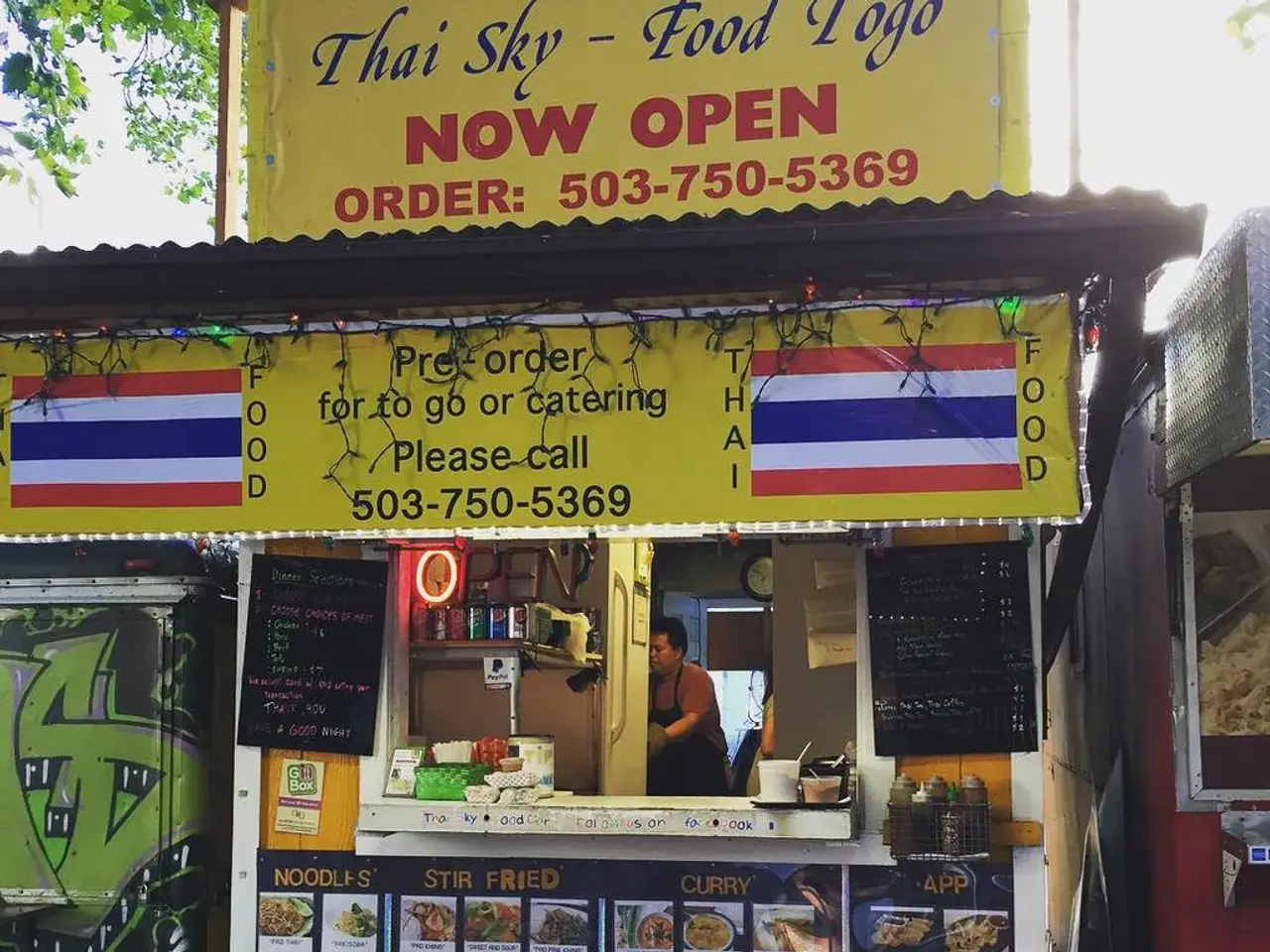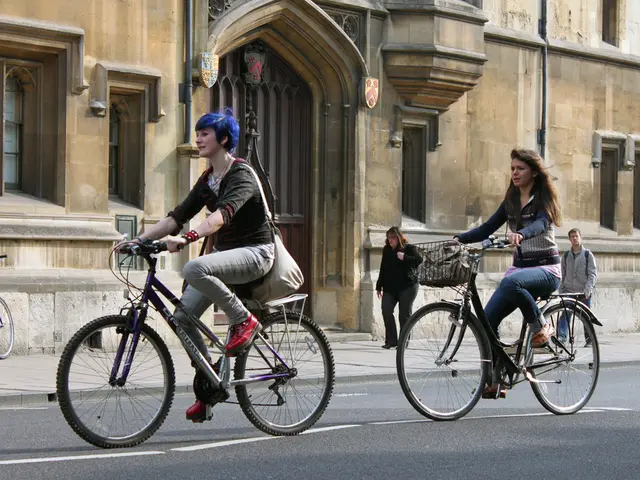More than nine out of ten Ferrero packaging was designed for recycling in the previous year, according to a recent report.
In the ongoing quest for environmental sustainability, two major brands - Ferrero and Diageo - have announced revised targets for their packaging practices.
Ferrero, the Italian confectionery giant, has set an ambitious goal to achieve 50% recycled content in its packaging by 2030 and net zero emissions by 2050. This ambitious plan involves a series of measures, including a focus on four core sustainability pillars: protecting the environment, sourcing ingredients sustainably, promoting responsible consumption, and empowering people.
The company's commitment to sustainability is evident in its recent achievements. In the fiscal year 2023/24, Ferrero managed to reach 8.1% use of recycled content in rigid plastic packaging and a renewable material use of 40.9%. Some of Ferrero's projects have already exceeded targets imposed by the new European PPWR, incorporating 100% of recycled plastic in its Estathé bottles range instead of the 25% mandatory targets in 2025.
Ferrero's efforts extend beyond its own operations. The company collaborates with its network, suppliers, and third-party experts to define and develop recyclability guidelines with attention to food safety and quality needs of packaging. Ferrero also invests in innovation and technology, enhances transparency and compliance, and fosters a culture of collaboration to make progress on these pillars.
In addition, Ferrero has designed over 92% of its packaging for recycling in the last fiscal year and aims to transition over 90% of its packaging into a reusable, recyclable, or compostable format. The company has also implemented several packaging redesigns, such as the conversion of single-wrapped Kinder Choco Fresh, Fiesta, and Kinder Delice products, and the redesign of boxes for Ferrero Rocher and other products to replace hard-to-recycle plastic components.
Meanwhile, Diageo, the British multinational alcoholic beverages company, has also revised its environmental targets. The company now aims for 50% recycled content in its packaging by 2030 and net zero emissions by 2050.
Neil Osment, managing director of packaging market research company NOA, shared his view on the barriers that have prevented major brand owners from meeting their sustainable packaging targets. He highlighted the current difficulties related to the availability of recycled content on the market as a significant challenge.
Other companies are also making strides in packaging sustainability. PepsiCo identified a 15% increase in recycled plastic across its primary packaging in key markets between 2023 and 2024, and a 5% reduction in virgin plastic tonnage.
As the world continues to grapple with environmental issues, the efforts of companies like Ferrero, Diageo, and PepsiCo serve as a beacon of hope for a more sustainable future. Guides about the Packaging and Packaging Waste Regulation in 2025, the progress of top brands on packaging sustainability, global packaging sustainability regulation in 2025, and increasing the use of reusable packaging in supermarkets are available to help guide these efforts.








